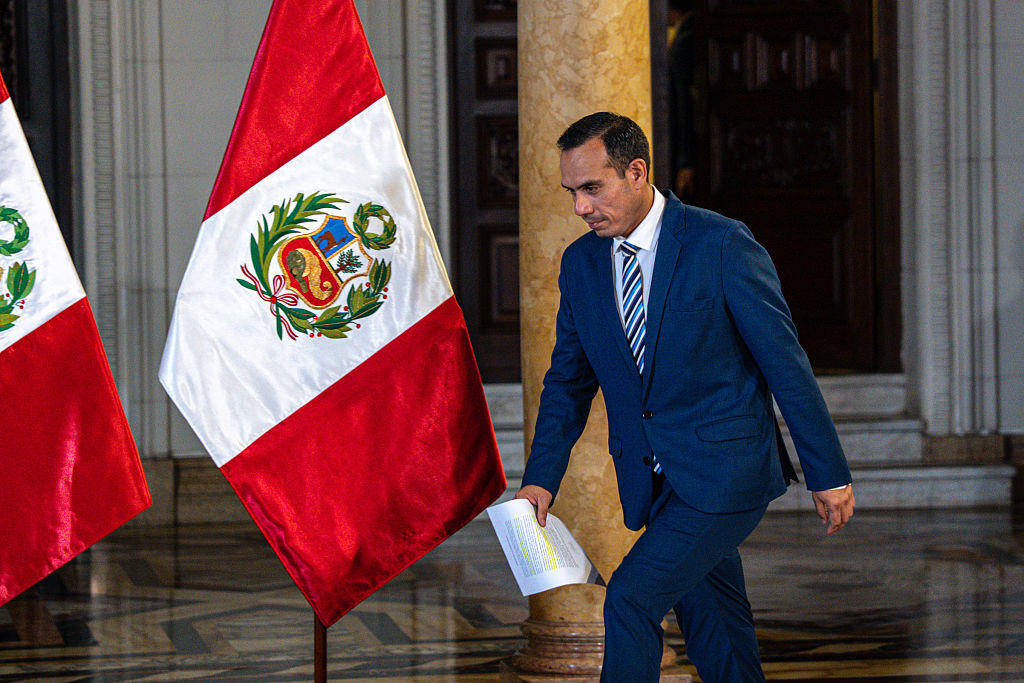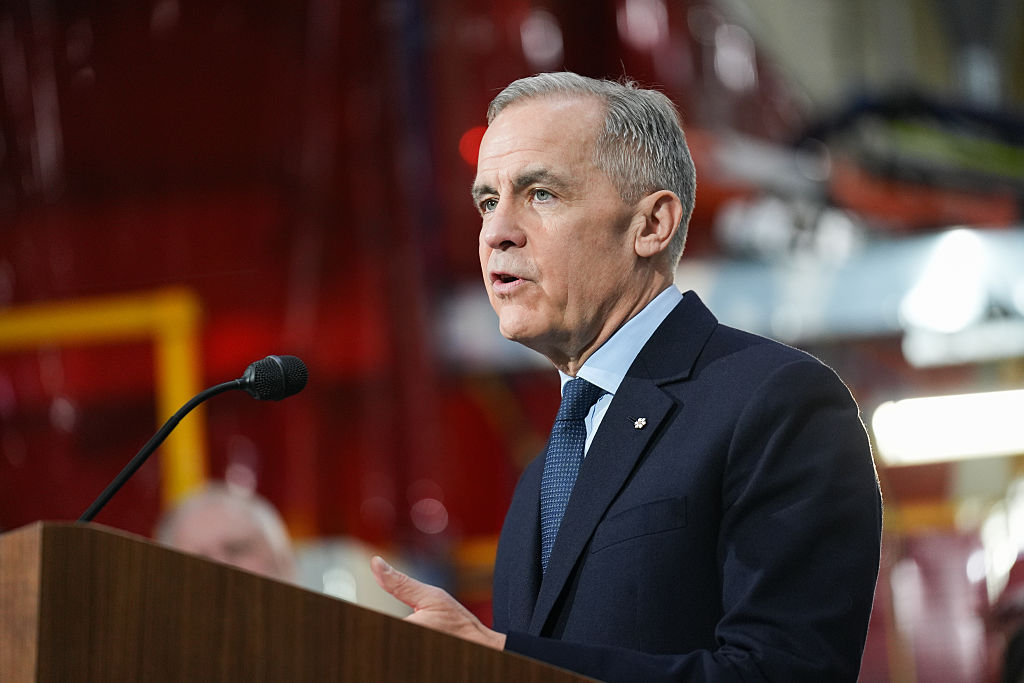Canadian PM Calls Elections
Canadian PM Calls Elections
Ottawa plans for October elections with some polls indicating the Conservative Party could gain a political majority for the first time in 20 years. While energy, the environment, and economy serve as major issues in the race, questions arise over the election's timing.
The U.S. presidential primaries began in January, but the contest for the White House got underway a year earlier as candidates announced their bid in what has shaped up to be a highly contentious race. Meanwhile, to the north, Canadian Prime Minister Stephen Harper dissolved Parliament on Sunday and called federal elections for just over a month later. With polls showing Harper’s party well in the lead, conservative columnist Robert Fulford recently wrote in the National Post, “The Canadian election planned for October may well be among the least significant events in living memory.”
Yet the election’s timing could help the Conservative Party gain a stronger foothold in Canada’s Parliament. October 14 marks the country’s third general election in four years, comes a year earlier than the previously assigned date, and breaks from legislation that Harper supported last year that set elections for every four years. While the prime minister cited political gridlock as the reason behind the decision (the Conservatives hold a parliamentary minority), the Economist points out that Harper’s party managed to push through dozens of bills, three budgets, and two economic statements. So, “[w]ith no overarching issue preoccupying voters still awakening from their summer slumber,” why an election now?
The New York Times posits that the decision to dissolve parliament comes as Conservatives rides a wave of popularity but see possible trouble if the economy continues to falter. “Harper is chancing an election now to exploit the Conservatives’ current strengths—chiefly, his own popularity—and to face the voters before the negatives, mainly the economy, get worse,” writes Ian Austen. Though Canada saw an increase in jobs last month, the country appears to be feeling the drag of the slowing U.S. economy, with GDP growth for 2008 expected to grow roughly 1 percent—the lowest rate since 1992.
Moreover, the election is timed as main rival Liberal Party’s leader Stephane Dion is experiencing low popularity, putting the possibility of a Conservative majority within reach for the first time in two decades. Dion has faced ongoing attack ads, including one involving a puffin pooping on his shoulder that was released and later retracted by the Conservatives, followed by an apology from Harper. Dion has revamped his website and attacked conservatives for creating the image that he is an “aloof intellectual.”
Energy and the environment serve as main points of contention between opponents. Dion has proposed a carbon emission tax that would charge businesses for greenhouse gas emissions. In contrast, Harper proposed a tax cut on diesel to give a boost to shipping companies that would translate to roughly $560 million a year, a savings that Harper says will reach consumers. The election decision also comes as both the United States and Canada launched exploration missions in the resource-rich Arctic Circle.
The question has also arisen over whether the November 4 date of the U.S. election could have led to scheduling of the Canadian election a few weeks earlier. “Some pundits say the early date set by Canada's right-leaning party is tied to worries that Canadians may be swept up in the message of change articulated by Senator Barack Obama,” says a Christian Science Monitor article. Whether or not this speculation is true, the close dates of the elections has stirred comparisons in Canadian media. Writes the Vancouver Sun’s Barbara Yaffe, “How come the Americans' election has so much pizzazz, and ours does not?”
The Toronto Star carries election coverage, including more information about the main candidates.
Read an interview with Prime Minister Harper featured in the Fall 2007 issue of Americas Quarterly.








